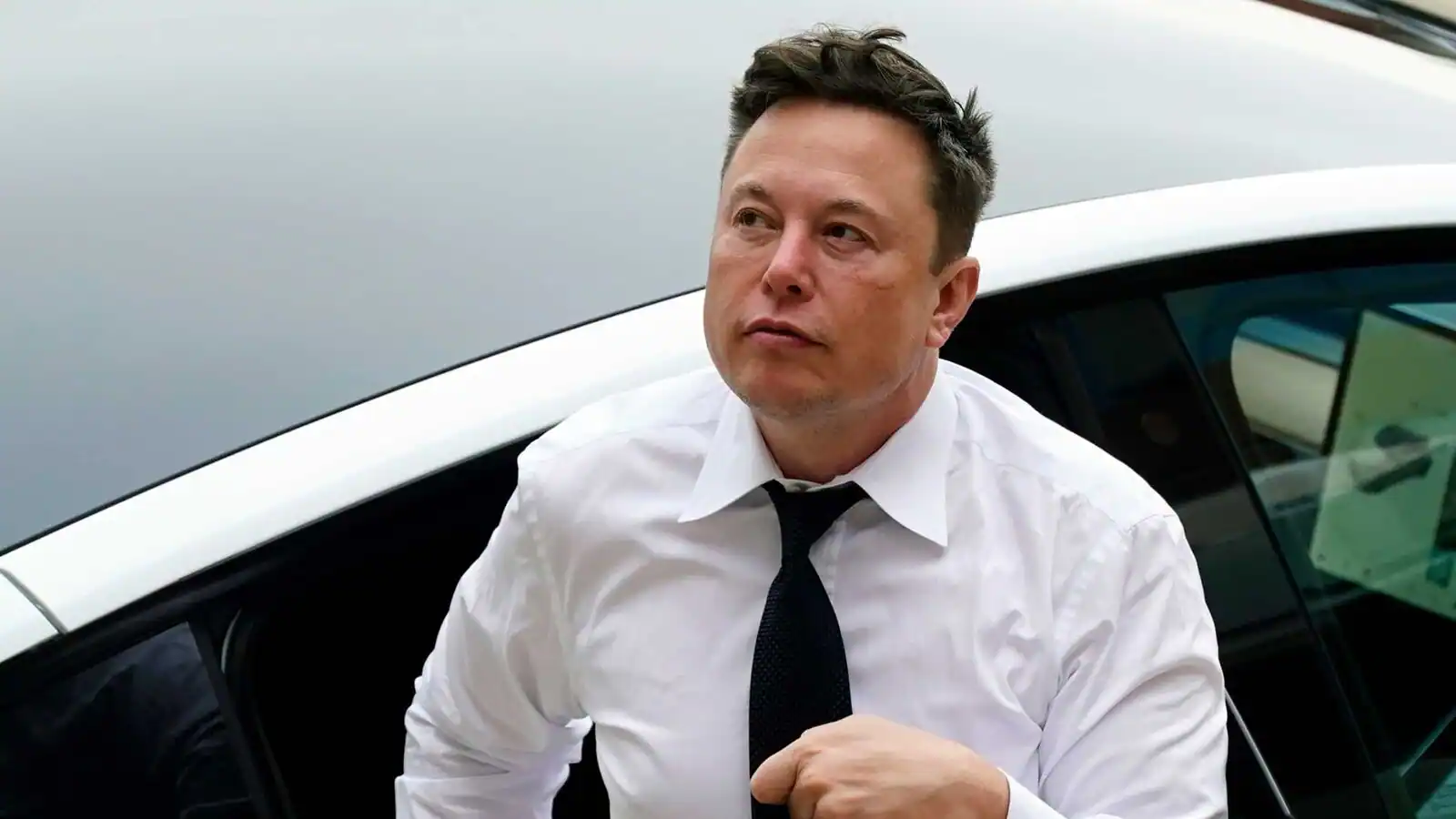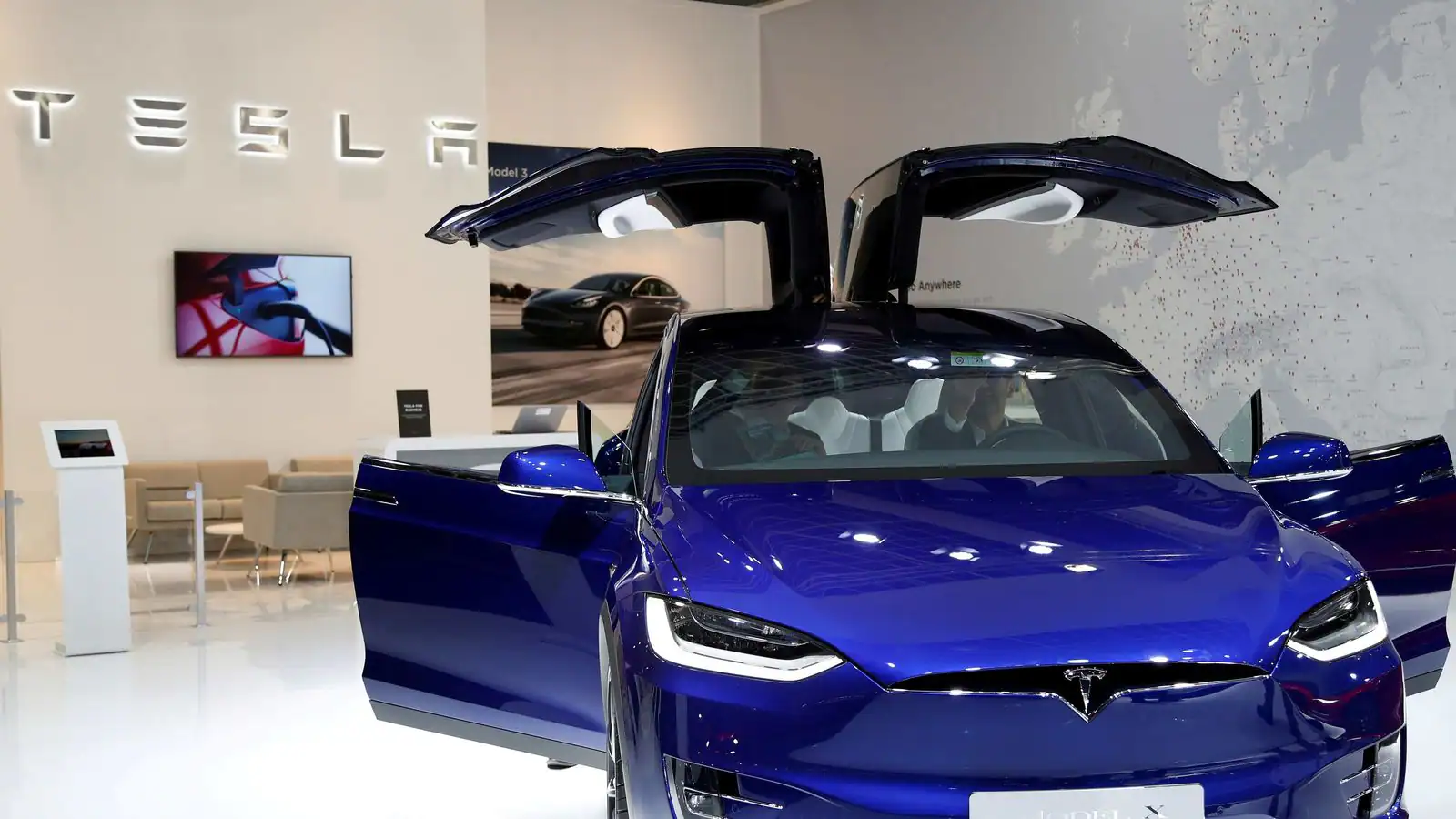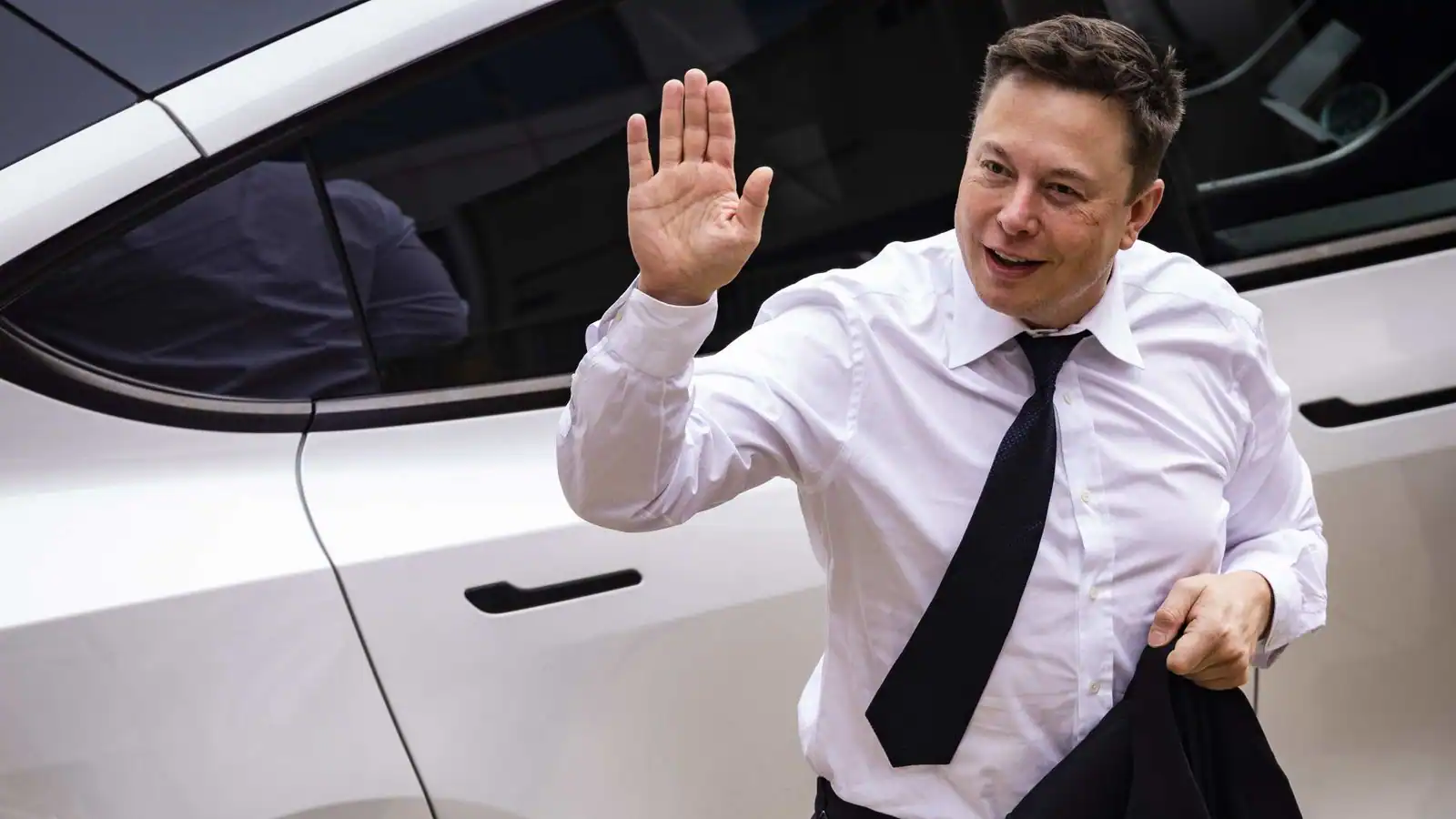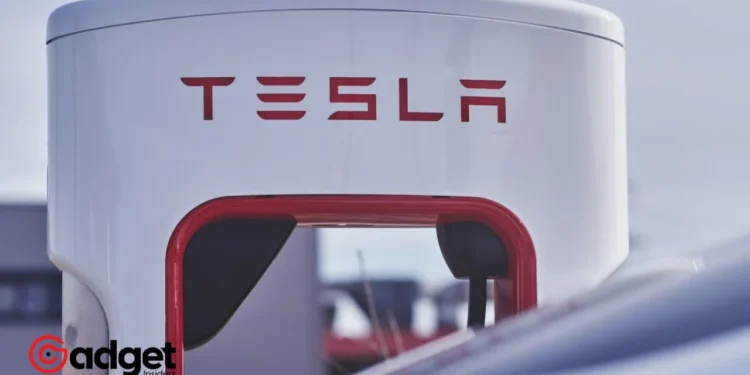In a world where technology intertwines with every facet of our daily lives, the boundaries between convenience, privacy, and control blur. Over the past weekend, a narrative unfolded that brought to light the complexities of digital account requirements—a story featuring Elon Musk, the CEO of Tesla and owner of X (formerly Twitter), at its center.

Elon Musk: The Spark That Ignited the Debate
Elon Musk, a name synonymous with innovation and controversy, found himself embroiled in a new debate. This time, the issue at hand wasn’t about space travel or electric vehicles, but about something much more commonplace: the use of a Microsoft account to operate a new Windows 11 laptop.
Elon Musk’s frustration was palpable as he voiced his concerns over social media, suggesting that creating a Microsoft account—which he believed was mandatory to use Windows 11—granted Microsoft’s AI unwarranted access to his data.

Community Response: A Mixture of Clarification and Satire
The reaction to Elon Musk’s outburst was swift and varied. Many were quick to point out that Musk’s understanding of the Windows 11 account requirement might not be entirely accurate. Community Notes, a feature on X aimed at mitigating the spread of misinformation, jumped into the fray, offering clarifications that contradicted Musk’s assertions.
Yet, it was the response from Jensen Harris, CEO of Textio, that added a layer of irony to the situation. Mimicking Musk’s grievance, Harris tweeted about his supposed struggle with a new Tesla vehicle, humorously lamenting the necessity of creating a Tesla account to use the car.
This comment highlighted a similar practice within Musk’s own empire, sparking a wider conversation about the digital hoops consumers are expected to jump through.
🔒Elon Musk criticizes Microsoft's Windows PC account requirements, raising concerns over data privacy and #AI manipulation. Musk questions the necessity of a #Microsoft account for basic #PC functionalities.https://t.co/s2ohvtLfSF
— CCN (@CCNDotComNews) February 28, 2024
The Broader Implications
The dialogue that ensued from these exchanges sheds light on a growing consumer frustration: the pervasive requirement of digital accounts for basic functionality in tech products. From smartphones to electric vehicles, the trend raises questions about privacy, data security, and the freedom to use purchases without tethering them to online accounts.
Moreover, Elon Musk’s quick dismissal of the Community Note’s correction—only to be proven wrong again—serves as a reminder of the importance of verifying information before making public accusations, especially against tech giants.
A Guide for the Tech-Weary
For those feeling overwhelmed by these digital prerequisites, there is a silver lining. Guides and workarounds, like the one published by Neowin for bypassing the Microsoft account requirement on Windows 11, offer a beacon of hope.
These resources empower users to reclaim a degree of control over their digital experiences, ensuring that the technology serves them, not the other way around.

The Takeaway
The saga of Elon Musk’s frustration with digital account requirements, and the ensuing public discourse, encapsulates a broader debate about the intersection of technology, privacy, and user autonomy. As we navigate this digital age, the balance between embracing technological advances and safeguarding our personal freedoms remains a pivotal challenge.
In this story, as in many others, the line between innovator and critic blurs, reminding us that in the end, we are all navigating the same complex digital landscape.










